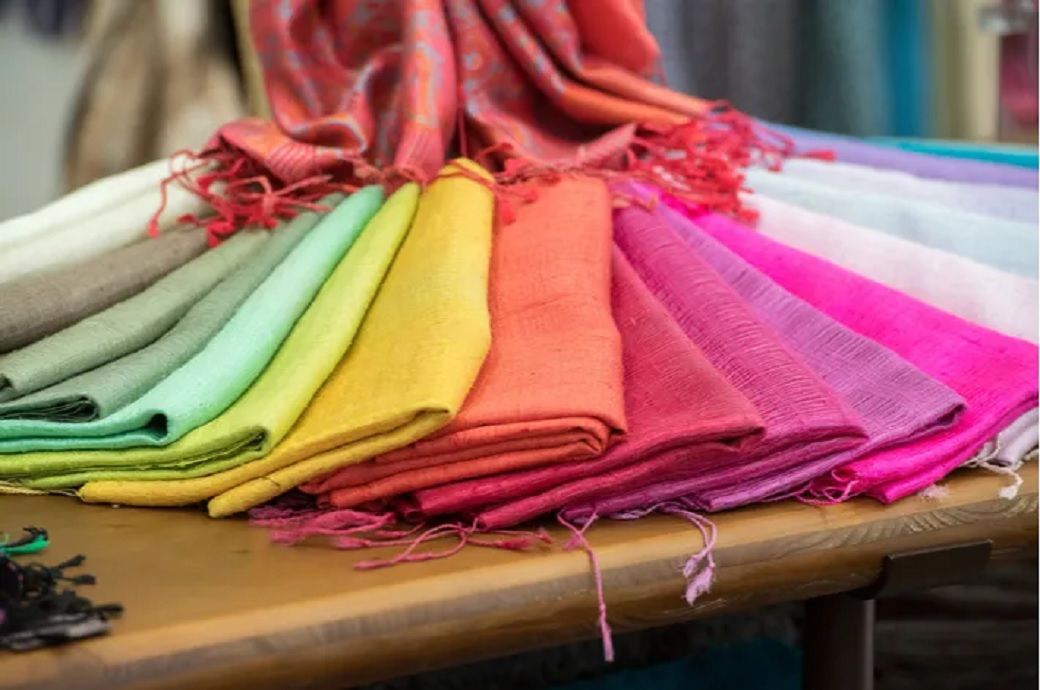
This needs efforts from enterprises and government agencies, and incentives to encourage investment in supporting industries and material supply centres, they said.
The EC earlier this year proposed a new strategy to make textiles more durable, repairable, reusable and recyclable to tackle fast fashion, textile waste and the destruction of unsold textiles, and ensure their production takes place in full respect of social rights.
Phan Thi Thanh Xuan, vice chairwoman and secretary general of the Vietnam Leather Footwear and Handbag Association (LEFASO), said in addition to ensuring product origin and the use of recycled materials, meeting labour and environmental standards is essential for exports to the EU.
A key solution is to invest in technology as it will help solve the labour deficit and environmental problems, Vu Duc Giang, chairman of the Vietnam Textile and Apparel Association (VITAS), was quoted as saying by a news agency.
The number of textile enterprises using clean energy has increased to 60-65 per cent, either through buying electricity or investing in installing solar energy projects, Giang said.
Giang is hopeful of cent per cent of textile and garment companies fully meeting the clean energy target in the next five to seven years.
Promoting modern specialised waste treatment systems is also essential, experts added.
Fibre2Fashion News Desk (DS)